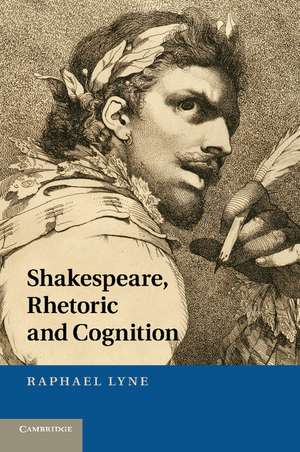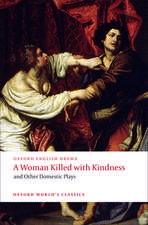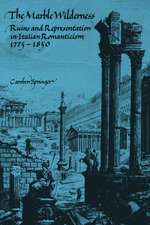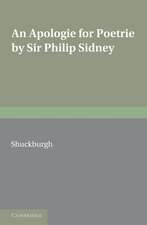Shakespeare, Rhetoric and Cognition
Autor Raphael Lyneen Limba Engleză Paperback – 11 iun 2014
| Toate formatele și edițiile | Preț | Express |
|---|---|---|
| Paperback (1) | 334.57 lei 6-8 săpt. | |
| Cambridge University Press – 11 iun 2014 | 334.57 lei 6-8 săpt. | |
| Hardback (1) | 695.06 lei 6-8 săpt. | |
| Cambridge University Press – 31 aug 2011 | 695.06 lei 6-8 săpt. |
Preț: 334.57 lei
Nou
Puncte Express: 502
Preț estimativ în valută:
64.02€ • 68.46$ • 53.38£
64.02€ • 68.46$ • 53.38£
Carte tipărită la comandă
Livrare economică 17 aprilie-01 mai
Preluare comenzi: 021 569.72.76
Specificații
ISBN-13: 9781107417144
ISBN-10: 1107417147
Pagini: 276
Ilustrații: black & white illustrations
Dimensiuni: 152 x 229 x 15 mm
Greutate: 0.37 kg
Editura: Cambridge University Press
Colecția Cambridge University Press
Locul publicării:New York, United States
ISBN-10: 1107417147
Pagini: 276
Ilustrații: black & white illustrations
Dimensiuni: 152 x 229 x 15 mm
Greutate: 0.37 kg
Editura: Cambridge University Press
Colecția Cambridge University Press
Locul publicării:New York, United States
Cuprins
1. Introduction: 'pity, like a naked new-born babe'; 2. Metaphor, synecdoche and cognition; 3. The drift towards cognition in rhetorical manuals; 4. A Midsummer Night's Dream; 5. Cymbeline; 6. Othello; 7. The Sonnets; Conclusion.
Recenzii
'Sections of this book work very well as thoughtful close readings of the way Shakespeare uses language to present his characters' thought in action and Lyne's central argument is surely right.' Peter Mack, The Review of English Studies
Notă biografică
Descriere
Lyne addresses a crucial Shakespearean question: why do characters in the grip of emotional crises deliver such extraordinarily beautiful speeches?

















